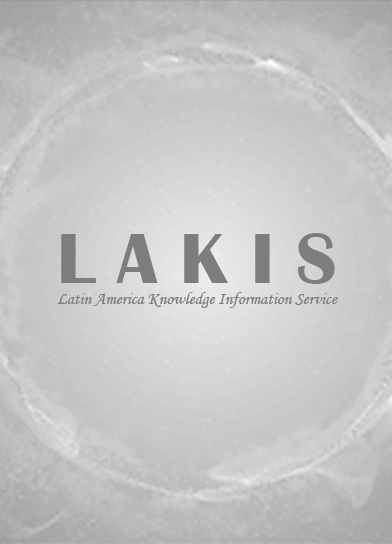The Cuba Wars : Fidel Castro, The United States, and the next revolution
Daniel P . Erikson is senior associate for U .S. policy at the Inter-American Dialogue think tank in Washington, D.C. He has published more than fifty scholarly articles and essays and in publications including the Washington Post, the Los Angeles Times, and the Miami Herald. He is co-editor of Transforming Socialist Economies: Lessons for Cuba and Beyond, and recipient of a Fulbright scholarship.
Table of Contents:
Die another day
War of nerves
The dissenters
The empire strikes back
The community
Capitol punishment
Spy versus spy
The least worst place
Through the looking glass
The capitalist temptation
Chasing Chávez
The next revolution.
Erikson, a senior associate at the think tank Inter-American Dialogue, approaches his analysis of the relationship between the U.S. and Cuba with the verve of a journalist, filling the book with interviews with dissident leaders and civilians in Cuba and the Cuban-American community. He demonstrates how policy and politics intersect, especially in a U.S. presidential election year, when the voice of Cuban exiles in Miami's Little Havana, a community that has been pushing to keep the U.S. embargo against Cuba in place, sounds especially loud and influential. Erikson turns his attention to the intriguing and unknown future for the Cuban polity; since Castro formally ceded power to his brother Raul Castro Ruz in February 2008, both Cubans and Americans are watching for what comes next. There is a revolution of expectations underway, and Erikson presents the looming political and economic uncertainties, exploring the possibility that since Raul has already allowed for increased consumption and real estate privatization, Cuba—like China—might be gradually opening up to capitalism.



